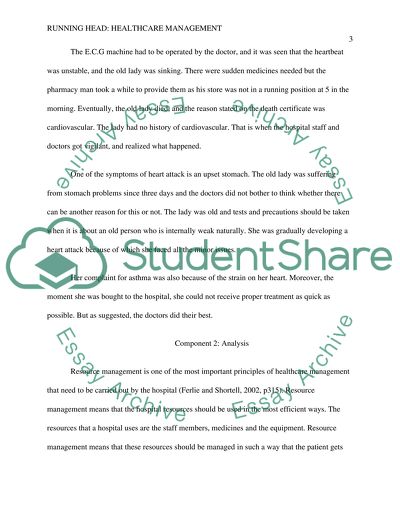Cite this document
(“Principles of Healthcare Management (see my attachment for more info Essay”, n.d.)
Retrieved from https://studentshare.org/health-sciences-medicine/1399790-principles-of-healthcare-management-see-my
Retrieved from https://studentshare.org/health-sciences-medicine/1399790-principles-of-healthcare-management-see-my
(Principles of Healthcare Management (see My Attachment for More Info Essay)
https://studentshare.org/health-sciences-medicine/1399790-principles-of-healthcare-management-see-my.
https://studentshare.org/health-sciences-medicine/1399790-principles-of-healthcare-management-see-my.
“Principles of Healthcare Management (see My Attachment for More Info Essay”, n.d. https://studentshare.org/health-sciences-medicine/1399790-principles-of-healthcare-management-see-my.


